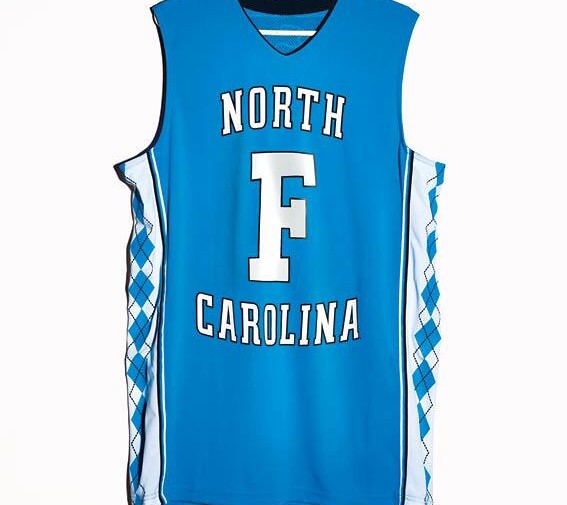I guess it is hard for them to say “everybody does it” when the study was actually conducted to show that they are the only ones doing it.
Last year, student journalists at the University of Maryland conducted a public records audit to learn more about the social media regulations governing student-athletes at public universities.
The students asked for codes of conduct for athletics departments and teams, and for a slew of other documents pertaining to social media use: blank copies of agreements that student-athletes must sign, forms that ask for usernames and passwords, scholarship packets referencing social media, among others.
The results of the audit by students at Maryland’s Philip Merrill College of Journalism are being published this week in connection with Sunshine Week, an annual event that promotes government transparency.
“For the most part, schools were very responsive” — with a few exceptions, said Scott Zlotnick, a senior broadcast journalism major at Maryland. Zlotnick was a teaching assistant in one of the classes that sent out requests.
The requests ask for 11 documents. Nobody got all the documents they requested, Zlotnick said.
In many cases, some of the records the students asked for did not exist. In a few cases though, schools didn’t respond to requests and students were unable to determine whether the records existed or not.
“The hardest was North Carolina — they just refused to give anything up,” Zlotnick said. “So was the University of Delaware … which was kind of surprising. You’d think a smaller school would be more prone to open up.”
UNC-Chapel Hill, more than five months after receiving a request from a student, has yet to release any records. Officials haven’t hinted when they might.
Melissa Katz, a junior broadcast journalism major at Maryland, said her request to UNC was acknowledged the same day she submitted it, but the university’s responsiveness halted almost completely after that.Katz followed up her request with emails and phone calls to several administrators at least every other week up until the project’s conclusion in December 2013, she said. Under North Carolina statutes, public agencies do not have to process records requests in a specific time frame, although the law says they must fulfill requests “as promptly as possible.”
“They were continuously telling me that they didn’t have a timetable,” Katz said. “They pretty much hid behind that.”
Katz only received responses from officials a handful of times — a variation of the same acknowledgment.
“Thank you for inquiring about the status of your request,” wrote Zach Orth, a public records specialist for the university, in one email. “Although we are not able to provide you with a timeline for when you could expect to receive responsive public record documentation, when we are able to provide such documentation to you we will be back in-touch.”
Students also had difficult getting cooperation with Delaware, Central Florida and Clemson.
David Cuillier, director of University of Arizona’s journalism school and president of the Society of Professional Journalists, said the problems these students experienced are not at all uncommon.
“Denials, delays and hassles are common throughout the country, unfortunately,” Cuillier said. “But the deck is stacked against the citizens, particularly the students.”



